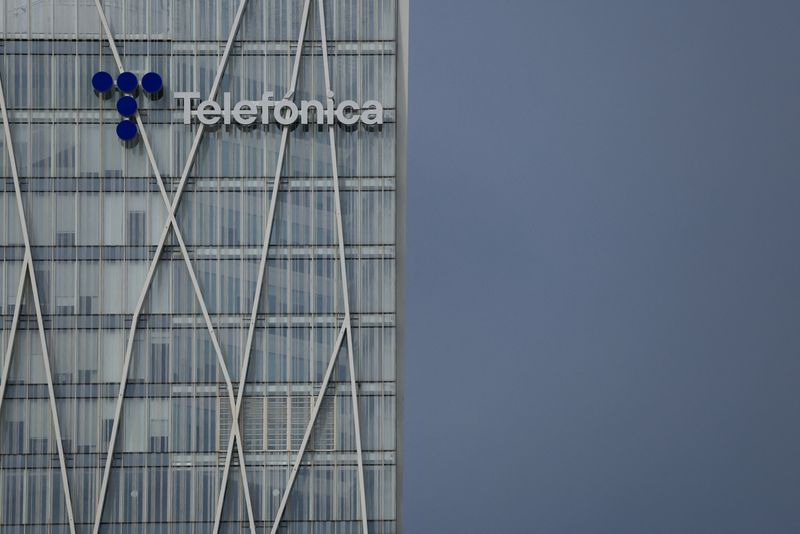Subsidiary vs Branch in France – Which Business Structure to Choose?

France, the world’s seventh-largest economy and one of the leading business hubs in Europe, presents compelling opportunities for international businesses looking to expand. From its skilled workforce and sophisticated infrastructure to access to the broader EU market, France offers the perfect gateway into the European economy.
However, when it comes to setting up operations, foreign companies are often faced with a crucial decision: should they open a branch office or establish a subsidiary in France? Understanding the implications of each structure is essential for ensuring compliance, financial efficiency, and long-term success. In this guide, we’ll explore everything you need to know about the Subsidiary vs Branch in France and help you determine the right model for your business goals.
What Is a Branch in France?
A French branch office is an extension of the foreign parent company, meaning it is not a separate legal entity. It operates under the same legal identity as its parent, although it must still be registered locally with the French authorities.
Key Characteristics
- Not autonomous from the parent company.
- The parent remains legally responsible for all branch activities and liabilities.
- Suitable for testing the French market or offering limited local services.
Common Use Cases
- Sales representation offices.
- Customer support or local administrative hubs.
- Pilot market entry before full commitment.
While it does not require share capital to register, a branch must be declared at the RCS (Registre du Commerce et des Sociétés) and will receive a SIREN number (company ID).
What Is a Subsidiary in France?
Unlike a branch, a subsidiary in France is a legally independent entity. It is incorporated under French law typically as an SARL (Société à Responsabilité Limitée), SAS (Société par Actions Simplifiée), or SA (Société Anonyme).
Key Characteristics
- Operates as a French company with its own legal identity.
- Responsible for its own debts and liabilities.
- Subject to French corporate law, taxation, and reporting requirements.
- Can enter contracts independently of the parent company.
This structure allows foreign companies to build credibility with French stakeholders. It also limits the parent company’s liability while granting full control over local operations.
Common Use Cases
- Full-scale local operations with autonomy.
- Businesses seeking local funding, hiring, and growth.
- Companies aiming for long-term presence and expansion.
Subsidiaries are ideal for companies committed to investing in the French market. They also allow for greater flexibility in product adaptation and strategic decision-making.
Subsidiary vs Branch in France — At a Glance
| Feature | Subsidiary | Branch Office |
| Legal Status | Separate French legal entity | Extension of the foreign parent company |
| Corporate Structure | SARL, SAS, or SA | No legal form, but requires a declaration |
| Liability | Parent liability limited to capital | Parent is fully liable |
| Taxation | Pays French corporate tax independently | Parent is taxed on French operations |
| Accounting | Own accounts under French GAAP | Consolidated with the parent company |
| Management | Local directors/managers | Managed directly from the head office |
| Capital Requirement | Required (varies by structure) | None required |
| Credibility | Higher (seen as a French company) | Lower in comparison |
| Best Suited For | Long-term investment & local growth | Market testing or limited presence |
Advantages of Setting Up a Branch in France
Choosing to open a France branch office has distinct benefits, especially for companies looking for a light-touch presence.
Key Advantages
- Faster and simpler setup Registration is less complex and requires fewer formalities.
- Cost-effective No share capital requirement or separate board of directors.
- Operational control Managed directly by the parent company.
- Ideal for short-term or limited operations Great for testing new markets before committing resources.
However, keep in mind that branches have limited operational autonomy, and your parent company assumes full legal and financial responsibility.
Advantages of Setting Up a Subsidiary in France
For businesses looking to build a strong and lasting presence, a subsidiary offers a range of strategic benefits.
Key Advantages
- Limited liability The parent company is only liable to the extent of its investment.
- Stronger market presence Seen as a domestic company, improving credibility with customers and authorities.
- Local benefits Can access grants, funding programs, and local banking more easily.
- Greater operational freedom Can tailor its business strategies to the French market.
In addition, subsidiaries are better positioned for long-term investment, local hiring, and regional growth.
Legal & Compliance Considerations
Whether you choose a branch or subsidiary, you must comply with French legal and regulatory obligations. Here’s a breakdown of what to expect:
Branch Registration Requirements
- Declaration at the RCS (Trade and Companies Register)
- Appointment of a legal representative in France
- VAT registration (if applicable)
- Annual financial reporting in line with the parent company
While a branch is easier to set up, it offers less operational independence and may expose the parent company to liabilities. All compliance obligations must still be fulfilled locally, including employment laws and tax reporting.
Subsidiary Registration Requirements
- Incorporation of a new company (SARL, SAS, or SA)
- Local office address and business bank account
- Registration with the RCS and INSEE (French statistics bureau)
- Complete bookkeeping and annual filing
- Corporate tax and VAT registration
A subsidiary enjoys legal autonomy, allowing you to build local credit and sign contracts independently. However, it involves higher setup costs and more rigorous ongoing compliance responsibilities.
Labour & Payroll
Both structures must comply with French labour laws if hiring locally
- Employment contracts
- Social security contributions
- Payroll taxes
- Employee benefits and protections
Requirements for Setting Up a Subsidiary in France
Setting up a subsidiary involves incorporating a new legal entity under French law. The most common company types are SARL (limited liability company), SAS (simplified joint-stock company), or SA (public limited company).
Key requirements include
- Choosing a legal form (SARL, SAS, or SA) and preparing the appropriate statutes
- Company name reservation via the INPI (French Trademark Office)
- Minimum share capital:
- SARL – €1 (recommended: €1,000+)
- SAS – €1 (flexible, set by bylaws)
- SA – Minimum €37,000
- Registered office address in France (can be a virtual office or leased space)
- Bank account in France to deposit share capital
- Appointing a legal representative or company director (can be a foreign national)
- Drafting and signing Articles of Association
- Filing documents with the Centre de Formalités des Entreprises (CFE) for registration
- Obtaining a SIREN number from INSEE and publication in a legal journal
Requirements for Setting Up a Branch in France
A French branch office doesn’t require incorporation as a new entity, but it must still undergo formal registration and meet certain legal obligations.
Key requirements include
- Certificate of incorporation of the foreign parent company
- Certified translation of the company’s constitutional documents
- Appointment of a branch manager (can be French or foreign)
- Registered address in France for the branch office
- Declaration to the Registre du Commerce et des Sociétés (RCS)
- Publication in a legal journal announcing the branch opening
- VAT registration, if trading activities are planned
- Filing annual accounts in some cases, depending on the parent company’s jurisdiction
Branches are not required to have their share capital but must maintain proper records and meet all applicable French tax and social security obligations.
Which Structure Should You Choose?
The decision between a subsidiary vs branch in France should be guided by your business goals, level of risk tolerance, and the scope of local operations.
Consider the Following
- Nature and duration of your presence Short-term = branch; long-term = subsidiary
- Risk exposure Branches expose the parent to full liability
- Tax strategy Subsidiaries benefit from corporate tax treatment
- Local integration Subsidiaries can more easily hire staff and access local incentives
- Control and autonomy Branches remain tightly controlled by headquarters, whereas subsidiaries operate independently
If you plan to test the waters, a branch might be enough. But if you’re looking to scale and grow in France, setting up a subsidiary is the more sustainable and credible choice.
How Can We Help?
We specialise in helping foreign businesses successfully enter the French market through the most suitable structure.
Our Services Include
- Free consultation on branch vs subsidiary options
- Company incorporation and branch registration
- Assistance with VAT, EORI, and tax registrations
- Local representation and registered office services
- Ongoing compliance and accounting support
Our expert team ensures that your French company structure is set up correctly from day one, allowing you to focus on growth while we handle the paperwork.
Conclusion
Choosing between a subsidiary and a branch in France is more than just a legal decision; it’s a strategic one that can shape your brand’s future in Europe. Both models offer benefits depending on your goals. A France branch office provides speed and simplicity, while a subsidiary provides autonomy, scalability, and a more substantial local presence. If you’re unsure which path is right for you, we’re here to guide you every step of the way. Let us help you make the most informed decision for your European expansion.
The post Subsidiary vs Branch in France – Which Business Structure to Choose? appeared first on Open a European Company.















































